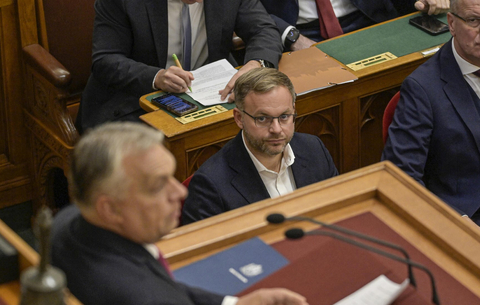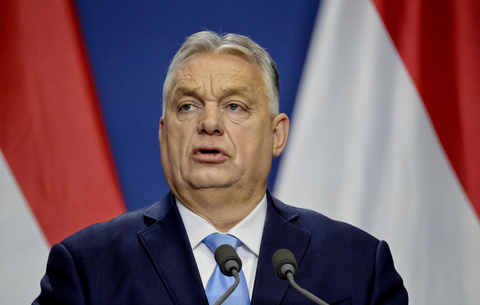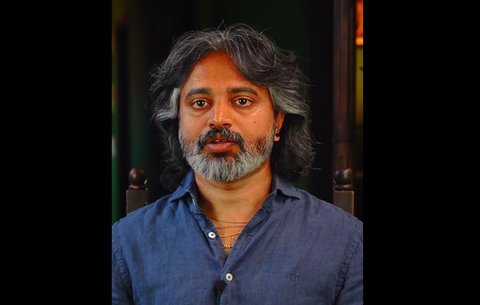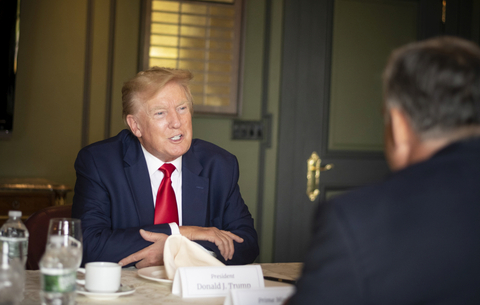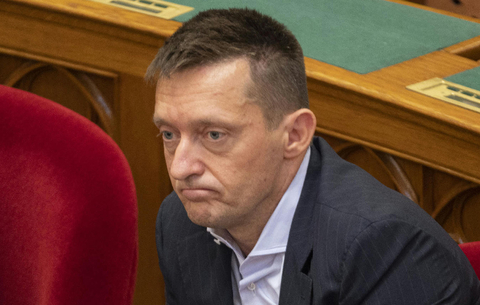Political Parties Want More Money
Illegal political financing has consistently been at the root of Hungary’s corruption problems, but even after numerous scandals few politicians had been held accountable.
A new bill holds political parties responsible for upholding the rules in their bookkeeping practices. The most important new measure concerns campaign financing. In so far as the party approves its operating budget in a week, all expenditures must come from this account. Those advertising firms the parties contract must have identification numbers assigned so that the number of posters and flyers they print for each party can easily be followed. With these open financial records, the public will be able to see how much, and on what each party spends its money. Additionally, the 386 million forint ceiling set for campaigning financing for the 386 members of parliament will be eliminated. Party members say that this amount it insufficient for effective political advertising, and has forced parties to manipulate available funds.
All four parliamentary parties acknowledge the need for reform, each with its own ideas for changes in accounting practices—from boosting salaries for representatives to raising the limits for campaign budgets.
Gábor Fodor, spokesperson for the liberal party, announced recently that the 1 million forint campaign fund limit per representative approved in 1994 needs to be increased to about 2-2,5 million forint because of inflation. According to the Central Statistics Agency, there has been 344,7% inflation between 1994 and 2005. Because of the skyrocketing price of television airtime during election season, Fodor is also asking for an occasional free slot for each party’s campaign advertising. He is nonetheless pleased with the bill’s progress in requiring increased transparency of party accounting.
The liberal party also supports stricter controls of campaign funds for those parliamentary representatives who are concurrently members of their local governments. Presently there are 200 such representatives, which can lead to what Fodor calls, an “unhealthy concentration of wealth.”
How much is enough to end corruption? (Oldaltörés)
Tibor Kékessy, spokesperson for the socialist party, agrees with suggested 2-2,5 million campaign financing limit. He noted, however, that each district’s needs are different, based on varying technical infrastructure. He said that in order to tighten the party's accounting rules, the salaries of parliamentary representatives have to be raised based on the level of progress to European Union expectations. “If our level of developement compared to the EU standards stands at 60 percent, the salaries of our representatives should also be at 60 percent of those of union representatives. The 800 thousand forint average monthly salary would put and end to the simultaneous jobs and manipulations, which are somewhat necessary in this position,” said the socialist spokesperson. (It is well-known that in Hungary, no industry has salaries even comparable to European Union salary levels). Currently, 220,800 forint is the base pay level for members of parliament.
According to the opposition party Fidesz, sending reports on campaign expenditures to the National Election Commission won’t necessarily improve transparency because auditors are partisan. Instead, the spokesperson Zsolt Nyitrai recommends reporting to the National General Accounting Office, which has the experience and the ability to supervise the flow of money to political parties. He said that the campaign financing laws are obsolete but that the government is rushing to change the rules.
The most radical opinion came from Zoltán Hock, spokesperson for the MDF party. Hock said that waiting for parties to unveil their financial backers would be in vain. Only the General Accounting Office has enough power to clear the haze. We have to give more power to the auditors, who could seriously sanction those who break the law. They could even remove a representative from his or her position if they discovered corrupt campaign financing practices.
Hock said that instead of an overcautious approach, there has to be a serious debate about the fact that 386 million forint is simply not enough to fund campaigning. “Even the Hungarian Trolley Works company spends several billion forint annually on advertising. Nobody can seriously think that a party would pay for its propaganda from is membership dues. We have to triple the amount parties receive from the government, because this firm support is the only way to ensure decent behavior,” Hock said.

